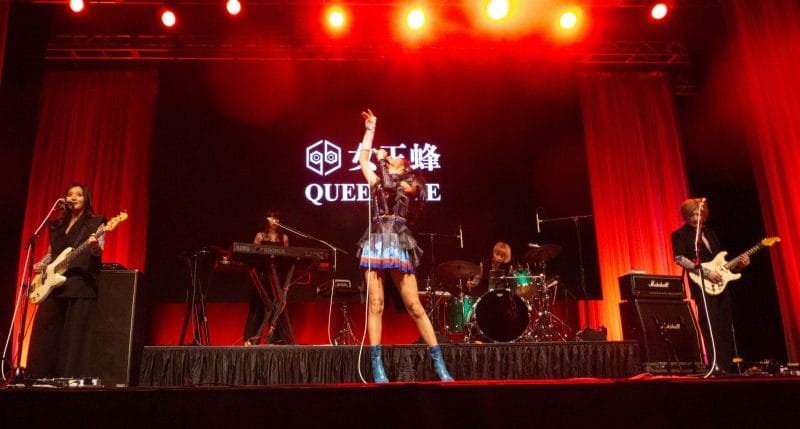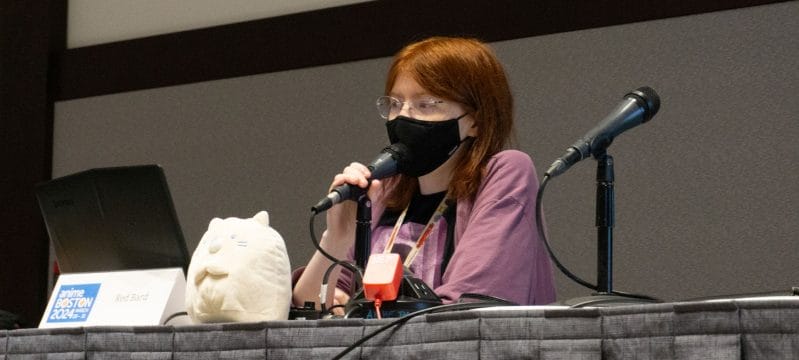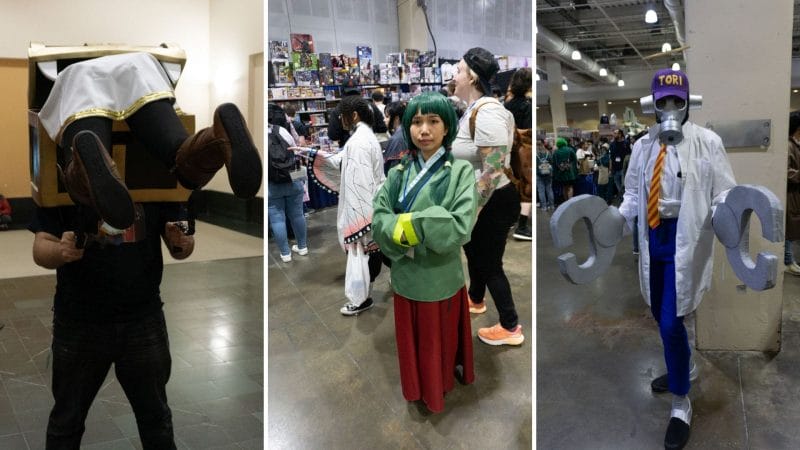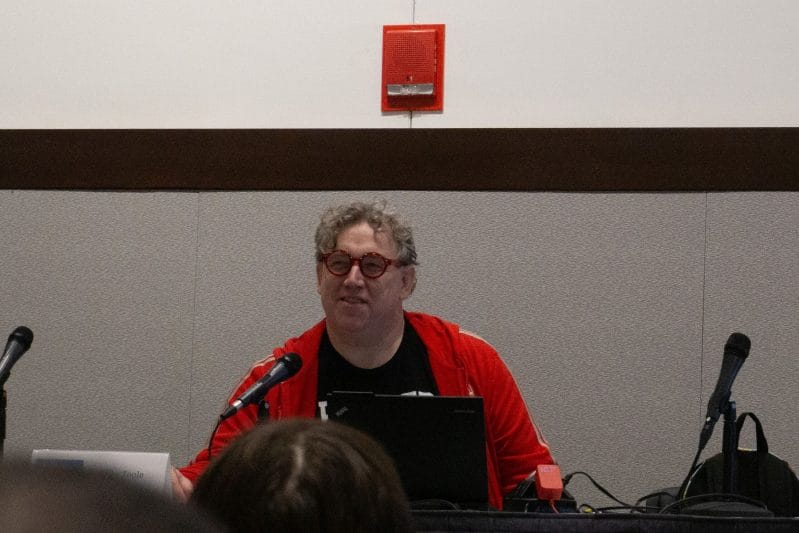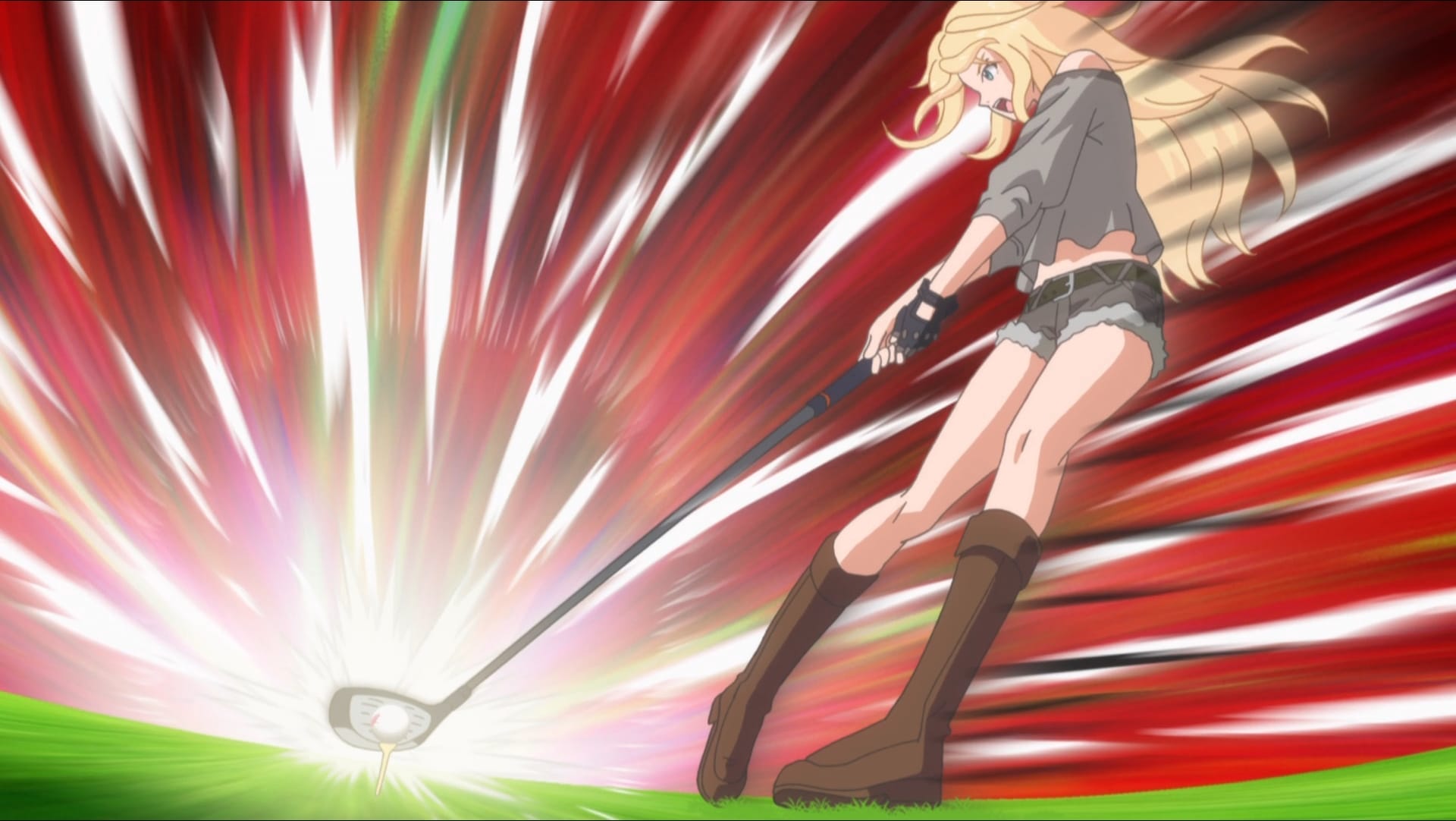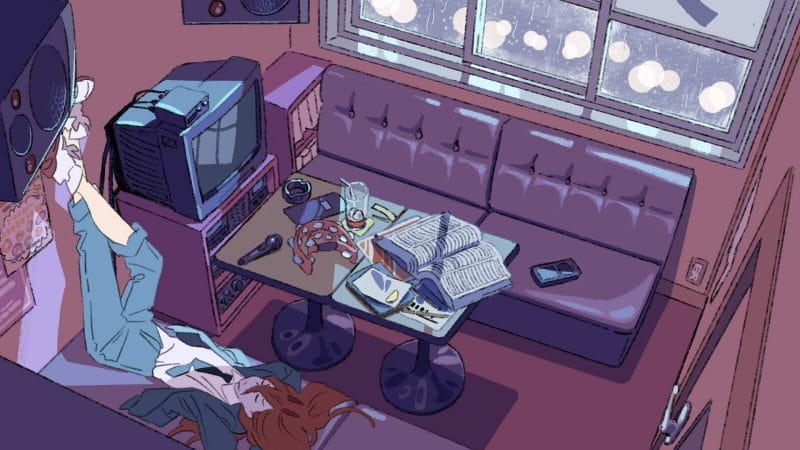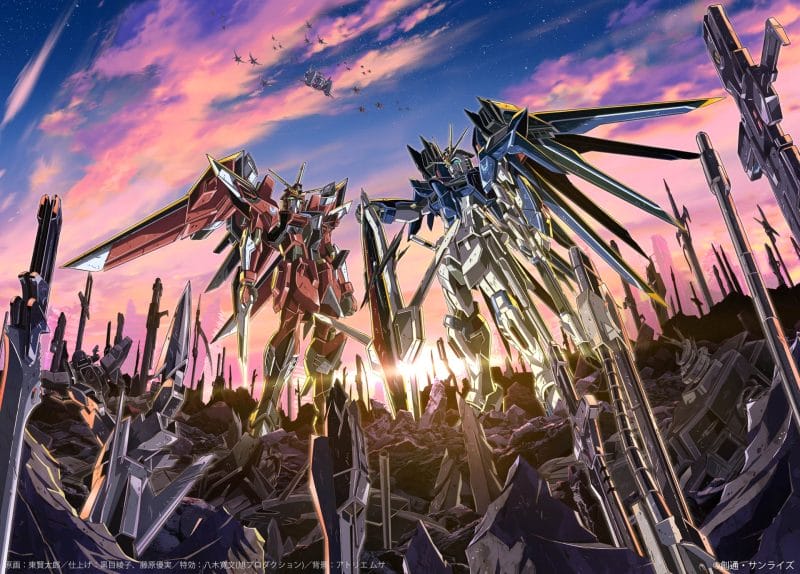[et_pb_section fb_built=”1″ _builder_version=”3.22″][et_pb_row _builder_version=”3.25″][et_pb_column type=”4_4″ _builder_version=”3.25″ custom_padding=”|||” custom_padding__hover=”|||”][et_pb_text admin_label=”Update – 2/24/2019″ _builder_version=”3.27.4″]Update 2/24/2019, at 11:49AM EST: We have received an email from Tokonatsu committee member and TokoMart Liaison and Vendor Assistant Elli, stating the following:
We were unable to return to the original site, as an incident with another event prior to Tokonatsu caused the site to lose their license to allow non-scouting groups to camp. Therefore we were forced to move to a new location at the last minute in order to continue running that year and honor existing registrations.
As a very small Japanese Culture and Anime Festival consisting entirely of unpaid volunteers with a limited budget as well as many time constraints, we have changed quite a lot over the years and continue to try to expand gradually without overstepping ourselves to the best of our abilities while running an enjoyable and welcoming event for fans of all ages.
We apologize for the inaccuracy, and have made updates to correct this section.
-Samantha Ferreira
[/et_pb_text][et_pb_text admin_label=”Update – 2/26/2019″ _builder_version=”3.27.4″]
Update 2/26/2019, at 12:04PM EST: Pete Maunder has submitted a correction, which has been implemented.
-Samantha
[/et_pb_text][et_pb_divider _builder_version=”3.19.16″][/et_pb_divider][et_pb_text admin_label=”Introduction” _builder_version=”3.27.4″]About 5,000 miles away from the United States is the United Kingdom. It’s where I was born, raised, and currently live. I personally found myself drawn to the world of anime at age 14, when I found myself watching Tenchi Muyo! on Cartoon Network, before moving on to VHS copies of Neon Genesis Evangelion. Of course, I thought it was all brilliant. And, over time, I ended up watching more current and recent shows than the classics, before getting into actually writing about it all.
By the time I got into college, I wanted to meet more like-minded people who shared that same sense of excitement. With this in mind, I campaigned to start my own anime society at my university, albeit with no success. Thank goodness for the internet, I guess, as if it weren’t for that, I’d be alone in my passion.[/et_pb_text][et_pb_image src=”https://www.animeherald.com/wp-content/uploads/2019/02/UK-Anime-Cons-Article-Pete-Maunder-001-20190221.jpg” align=”center” align_tablet=”center” align_last_edited=”on|desktop” admin_label=”Image – AmeCon Photo” _builder_version=”3.23″][/et_pb_image][et_pb_text admin_label=”Image Caption – AmeCon Photo” _builder_version=”3.27.4″]
Image Credit: Pete Maunder
[/et_pb_text][et_pb_text admin_label=”Text – Main Body 001″ _builder_version=”3.27.4″]And I didn’t want to be alone. I wanted to meet people. I had become a young adult at this point, and it felt like I needed to expand my horizons. It was great to see that other people in the UK liked what I liked, and that conventions were going on across the country, so I started going to a few:
- Minami Con, in Southampton.
- Amecon, In Warwick.
- London Anime & Manga Con.
- Tokonatsu, in the Milton Keynes/Bedford area.
I knew there were several more, but I just couldn’t afford to go. Looking back now, as a thirty-something trainee teacher, still passionate about anime, I have to ask: did I make the right decision in choosing not to make the effort to save up money to attend conventions further away from home, in the north of England, Scotland and Wales?
Well, I suppose I have to examine the anime community in the UK in general, first.
Anime communities further away (like those in the United States and Canada) have a lot of industry-based conventions, that are all of significance to the global community as a whole. I mean, my own bucket list includes plans to make a trip to Anime Expo in Los Angeles, because I know how big of a deal it is. The community in the UK is much different, though. Here, more focus is put on the fans and on organizing little parties and get-togethers for them. Conventions here do have special guests, panels and video rooms, but the majority of attendees are much more interested in just having a good time. Or, as someone close to me once put it, “[it’s] a little party of kids talking about their favorite shows and getting drunk until they pass out”.
[/et_pb_text][/et_pb_column][/et_pb_row][et_pb_row _builder_version=”3.25″ column_structure=”3_5,2_5″][et_pb_column type=”3_5″ _builder_version=”3.25″ custom_padding=”|||” custom_padding__hover=”|||”][et_pb_text admin_label=”Main Body 002″ _builder_version=”3.27.4″]
Having communities that are more fan-focused is something that isn’t new at all. Not everyone has the huge budget, nor do they wield influence the likes of Anime Expo, Otakon and Japan Expo (in Paris). So, why does this bother me slightly? Why is it that I feel the UK con scene is one that is lacking in something?
Personally, I believe that it could be due to the scene’s reluctance to make changes to its events.
Minami Con will be celebrating its 25th anniversary this year, and has already become the largest and longest-running anime convention in the UK. It has its panels, video rooms, and cosplay contests, but it chooses not to invite special guests. That doesn’t stop it from becoming the most popular anime con in the south of England, though.
[/et_pb_text][/et_pb_column][et_pb_column type=”2_5″ _builder_version=”3.25″ custom_padding=”|||” custom_padding__hover=”|||”][et_pb_image src=”https://www.animeherald.com/wp-content/uploads/2019/02/MinamiCon-Logo-001-20190221.jpg” align_tablet=”center” align_last_edited=”on|desktop” admin_label=”Image – Minami Con Logo” _builder_version=”3.23″][/et_pb_image][et_pb_text admin_label=”Minami Con Logo Credit” _builder_version=”3.27.4″]
Image Credit: Minami Con
[/et_pb_text][/et_pb_column][/et_pb_row][et_pb_row _builder_version=”3.25″ column_structure=”3_5,2_5″][et_pb_column type=”3_5″ _builder_version=”3.25″ custom_padding=”|||” custom_padding__hover=”|||”][et_pb_text admin_label=”Text – Tokonatsu” _builder_version=”3.27.4″]Tokonatsu is run by a close-knit group on a campsite (attendees are asked to bring their own camping equipment). But, because of its uniqueness and small setting, it’s now established itself as the most talked-about anime convention in the whole country.
And so on. Minami Con, Tokonatsu, and others all have the same ‘by fans, for fans’ idea that they have had since they began.
As time as gone by, I have become someone who is more interested in the industry side of the community. I’m more fascinated by British companies and groups like Manga Entertainment, Anime Limited, and the UK Anime Network, who all want to make a mark on our community and make it a bigger and more noticeable one. Personally, I want to see our community become something more than what it currently is, whether it be via companies like those I’ve mentioned, conventions becoming bigger, or by growing a real presence on social media.
[/et_pb_text][/et_pb_column][et_pb_column type=”2_5″ _builder_version=”3.25″ custom_padding=”|||” custom_padding__hover=”|||”][et_pb_image src=”https://www.animeherald.com/wp-content/uploads/2019/02/Tokonatsu-Logo-001-20190221.jpg” align_tablet=”center” align_last_edited=”on|desktop” _builder_version=”3.23″][/et_pb_image][et_pb_text admin_label=”Tokonatsu Image Credit” _builder_version=”3.27.4″]
Image Credit: Tokonatsu
[/et_pb_text][/et_pb_column][/et_pb_row][et_pb_row _builder_version=”3.25″][et_pb_column type=”4_4″ _builder_version=”3.25″ custom_padding=”|||” custom_padding__hover=”|||”][et_pb_text admin_label=”Main Body 003″ _builder_version=”3.27.4″]
Of course, I accept that all communities had to start somewhere, and that they should never forget their roots. But do the UK anime fans and con attendees really want to be doing the same thing every year? These convention organizers and committees could well have massive budgets, and still decide to remain as they are. Of course, I can’t say this for certain.
I’ve worked as volunteer staff for Minamicon, Amecon, Tokonatsu and London Anime & Manga Con fulfilling all sort of roles; registration officer, panel room assistant, dealer room assistant, masquerade event officer. All the positions I’ve held have involved making sure things run smoothly, attendees and guests are attended to, and sometimes take charge when things go wrong. I’ve also worked in close contact with convention committees for Tokonatsu and Amecon as part of my own day-to-day duties during their run.
While I can’t claim to have been on these committees nor that I have insider knowledge, what I noticed from my interactions with them is that change at a lot of UK conventions is something in the faraway distance, and anything done to try and compare with any larger industry-based events has the possibility of being met with resistance from some of their attendees. So, even if these committees had the money to spend, what is so wrong with expanding or being the best they could be?
This leads me onto another question: do the attendees of these UK cons even want change? Take Tokonatsu, for instance. It only changed location due to an incident with another event prior to theirs, which caused the site to lose their license to allow non-scouting groups to camp.
Still, the charm of going to Tokonatsu is the fact that you’re out camping in the summer countryside for a weekend. What would bringing in big-name guests and organizing massive panels do, aside from potentially ruining their summer camping fun? Amecon and Alcon (in Leicester) are set on university campus grounds, and have a bigger reputation of hosting parties in their student pubs and bars than running panels and the like.
[/et_pb_text][et_pb_image src=”https://www.animeherald.com/wp-content/uploads/2019/02/UK-Anime-Cons-Article-Tokonatsu-001-20190221.jpg” align=”center” align_tablet=”center” align_last_edited=”on|desktop” _builder_version=”3.23″][/et_pb_image][et_pb_text admin_label=”Tokonatsu Photo Caption” _builder_version=”3.27.4″]
Image Credit: Tokonatsu
[/et_pb_text][et_pb_text admin_label=”Main Body 004″ _builder_version=”3.27.4″]I mentioned convention committee budgets earlier, and true enough, this is a huge factor in whether they should expand or not. Most of the money events make comes from con registrations. People who run panels at conventions aren’t paid most of the time, or even get much in the way of compensation (as Amelia Cook from Anime Feminist detailed when she paneled for Hibanacon in Milton Keynes). Special guest announcements don’t make much of a splash, to be honest, and any Q and A sessions or signing events they run aren’t that packed.
[/et_pb_text][et_pb_text admin_label=”Amelia’s Tweets” _builder_version=”3.27.4″]
I knew that UK anime fandom had a cultural acceptance that panellists don’t get compensated.
This weekend I learned that there is actually a cultural resistance to any compensation whatsoever.
— Amelia (@ActuallyAmelia) November 12, 2017
[/et_pb_text][et_pb_text admin_label=”Main Body 005″ _builder_version=”3.27.4″]I raised the topic of panels in the UK in a post I wrote for The OASG, where I accept that the UK community is by no means on the scale of the ones in North America. Panelists here still want the comfort that the hours they spent on planning their work meant something.
That said, the attitude of “do it for free because we’re real fans, and real fans do it for the love!” is something I just find awkward. I know that people here in the UK who have this attitude love anime just as much as the rest of us, but thinking like this breeds elitism, and allows cliques to form. Amelia Cook’s opinion of having compensation wasn’t received well at the event she attended, sadly, with some attendees being very resistant to the idea that a panelist should receive something in return for the hard work they put in.
[/et_pb_text][et_pb_image src=”https://www.animeherald.com/wp-content/uploads/2019/02/UK-Anime-Cons-Article-Pete-Maunder-002-20190221.jpg” align=”center” align_tablet=”center” align_last_edited=”on|desktop” _builder_version=”3.23″][/et_pb_image][et_pb_text admin_label=”Image Caption – Pete Maunder 002″ _builder_version=”3.27.4″]
Image Credit: Pete Maunder
[/et_pb_text][et_pb_text admin_label=”Finale” _builder_version=”3.27.4″]Like I said earlier, I want to see change in the UK anime community, and I know I’m not alone in thinking like this. At the same time, I also know that other people in our community do not want to see anything different at all. These people like things just the way as they are. And so, is that a bad thing or a…not-so-bad thing? I suppose it depends on whether you see anime communities and convention scenes as something that can only be defined as “by the fans, for the fans”, or something that can be expanded with the help of businesses and companies.
[/et_pb_text][et_pb_cta title=”Support Anime Herald on Patreon” button_url=”https://www.patreon.com/bePatron?u=8646351″ url_new_window=”on” button_text=”Become a Patron” admin_label=”Call To Action – Patreon” _builder_version=”3.19″ background_color=”#222c35″ custom_button=”on” button_bg_color=”#f96854″ global_module=”59498″ saved_tabs=”all” button_text_size__hover_enabled=”off” button_text_size__hover=”null” button_one_text_size__hover_enabled=”off” button_one_text_size__hover=”null” button_two_text_size__hover_enabled=”off” button_two_text_size__hover=”null” button_text_color__hover_enabled=”off” button_text_color__hover=”null” button_one_text_color__hover_enabled=”off” button_one_text_color__hover=”null” button_two_text_color__hover_enabled=”off” button_two_text_color__hover=”null” button_border_width__hover_enabled=”off” button_border_width__hover=”null” button_one_border_width__hover_enabled=”off” button_one_border_width__hover=”null” button_two_border_width__hover_enabled=”off” button_two_border_width__hover=”null” button_border_color__hover_enabled=”off” button_border_color__hover=”null” button_one_border_color__hover_enabled=”off” button_one_border_color__hover=”null” button_two_border_color__hover_enabled=”off” button_two_border_color__hover=”null” button_border_radius__hover_enabled=”off” button_border_radius__hover=”null” button_one_border_radius__hover_enabled=”off” button_one_border_radius__hover=”null” button_two_border_radius__hover_enabled=”off” button_two_border_radius__hover=”null” button_letter_spacing__hover_enabled=”off” button_letter_spacing__hover=”null” button_one_letter_spacing__hover_enabled=”off” button_one_letter_spacing__hover=”null” button_two_letter_spacing__hover_enabled=”off” button_two_letter_spacing__hover=”null” button_bg_color__hover_enabled=”off” button_bg_color__hover=”null” button_one_bg_color__hover_enabled=”off” button_one_bg_color__hover=”null” button_two_bg_color__hover_enabled=”off” button_two_bg_color__hover=”null”]
This article is only possible thanks to our amazing Patrons. It’s through their help that we’re able to offer a high-quality publication that’s ad-free and free to access.
Consider backing us on Patreon for as little as $1 a month, to support new content from our amazing team, and ensure that we can keep talking nerdy to you for some time to come.
[/et_pb_cta][/et_pb_column][/et_pb_row][/et_pb_section]




